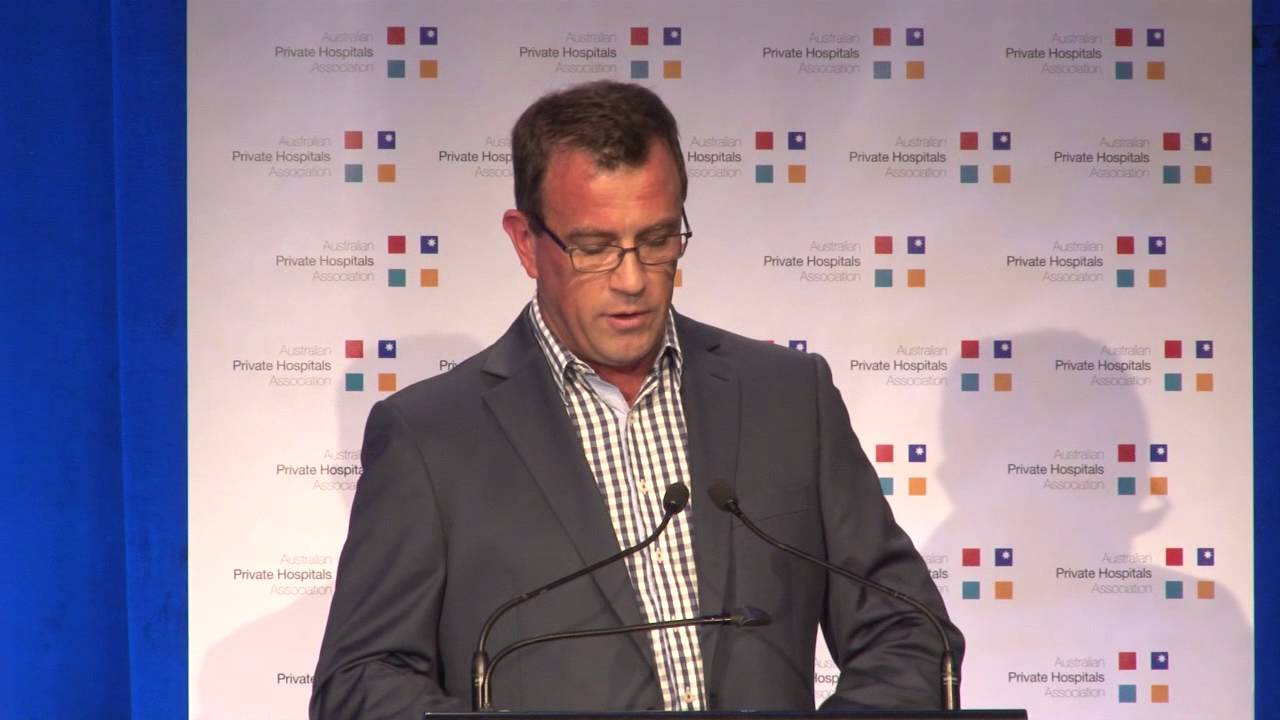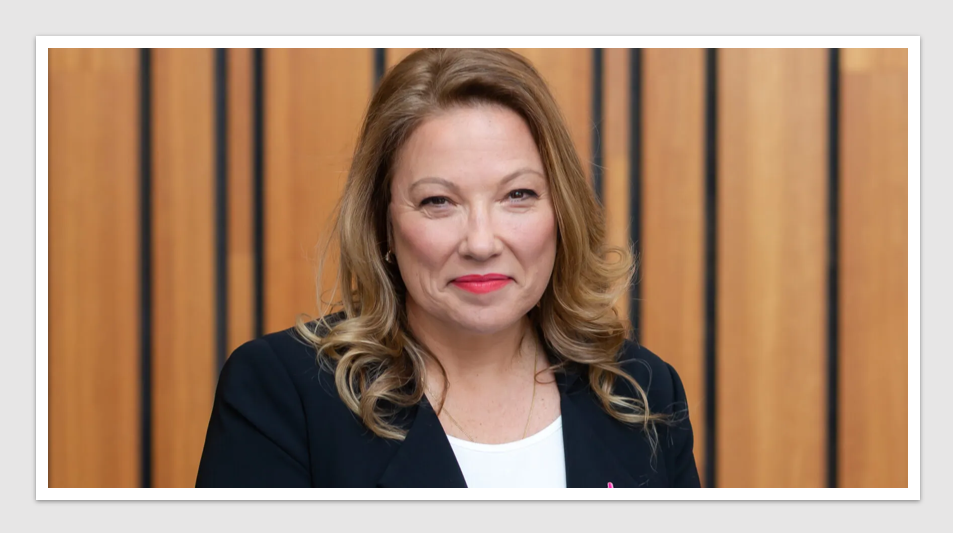News & Trends - MedTech & Diagnostics
Effective incentives the key to private health insurance uptake

Effective incentives will promote private health insurance uptake and mean more Australians can access the private hospital care they value, according to the Australian Private Hospitals Association’s (APHA) Federal Budget submission.
APHA CEO Michael Roff called on the Federal Government to restore the Private Health Insurance Rebate to 30 percent for Australians in the lowest income tier.
“Low-income Australian households face a double whammy of increased premiums and reduced rebates when it comes to private health insurance. Every year the value of their rebate goes down, while their private health premiums increase.
“For example, in 2019, a high-income earner who did not receive the rebate would have experienced a premium increase of 3.25 percent. However, low-income earners would have experienced a real premium increase of 3.74 percent.
“This doesn’t pass the fairness test, nor does it achieve the aim of the rebate – to incentivise Australians to take up private health insurance.”
Enhance your business visibility, generate greater reach and differentiate your brand. Health Industry Hub is the only one-stop-hub connecting your organisation to Australia’s Pharma, MedTech, and Biotech industry professionals. Contact us to learn more about our unique media solutions.
Mr Roff said APHA is calling for the restoration of the rebate to 2013-14 levels for low-income earners. That would return the rebate to 30 percent for under 65 year olds; 35 percent for 65-69 year olds and 40 percent for those aged 70 years old and over.
“This will reduce premiums for these households by between 2.02 percent and 3.67 percent and cost about $1.4 billion in 2020-21.”
The submission also makes recommendations for savings, including curbing claims for private health insurance in public hospitals.
“This practice is punishing patients who can’t afford private health insurance. They suffer with deteriorating health on elective surgery waiting lists as public hospitals push the privately insured ahead of them. Add to that, it is also a perversion of Medicare – care based on clinical need, not ability to pay.
“If this practice stopped, private health insurance premiums would drop by six percent.”
The submission also calls for a default benefit for alternatives to inpatient treatments including day, community-based, home-based programs for rehabilitation, mental health and palliative care. Not only would this provide patients with more options for accessing care, but also lower the overall cost to the health system.
“Private hospitals have developed a range of innovative programs that would reduce costs and improve outcomes for patients. These include services like chemotherapy in the home, ambulatory cardiac rehabilitation, rehabilitation in the home and hospital in the home as part of an early discharge service.
You may also like Boston Scientific’s world-first single-use duodenoscope
“However, the majority of health insurers refuse to financially support such programs provided by hospitals. Instead, they pay for services provided by themselves and a small number of community providers and direct their members to these services.
“Providing default benefits for these services would allow hospitals to expand and integrate services across the continuum of care. This would increase patient choice and reduce the risk of avoidable readmission,” he said.
The APHA Federal Budget submission also calls for:
- Doubling the Medicare Levy Surcharge to properly incentivise high-income Australians to take up private health insurance and relieve pressure on the public system
- Increasing remuneration through the Pharmaceutical Benefits Scheme for hospital-based pharmacy
- Upgrading IT software to relieve the administrative burden of private health insurance reforms
- Increasing clinical placement funding for medical, nursing and allied health professional graduates
- Reducing the cost and complexity of skilled migration arrangements.
APHA Federal Budget Submission: http://www.apha.org.au/wp-content/uploads/2020/01/Budget-Submission-December-2019-Final-As-Sent.pdf
Register FREE to receive the latest news, innovations and insights from Health Industry Hub; the only one-stop-hub connecting Australia’s Pharma, MedTech and Biotech industry professionals and its key stakeholders.
News & Trends - MedTech & Diagnostics

Roche Diagnostics MD bids farewell after two-decades, leading the organisation to new heights of success
Diagnostics & MedTech News: The Managing Director of Roche Diagnostics Australia, Allison Rossiter, has announced her resignation, effective September 2024. […]
MoreNews & Trends - Pharmaceuticals

Is Australia ready to play a leading role in precision nuclear medicines?
Pharma News: A newly released discussion paper unveils Australia’s preparedness to take the helm in the rise of the global […]
MoreNews & Trends - MedTech & Diagnostics

Minimally invasive procedure a first in epilepsy treatment
MedTech & Diagnostics News: A new MRI guided and minimally invasive surgery has marked an Australian-first procedure for the treatment […]
MoreNews & Trends - Pharmaceuticals

Stakeholders unite in international call to tackle breast cancer gaps and inequities
Pharma News: Breast Cancer Network Australia (BCNA) has united in an international call to raise breast cancer care standards and […]
More